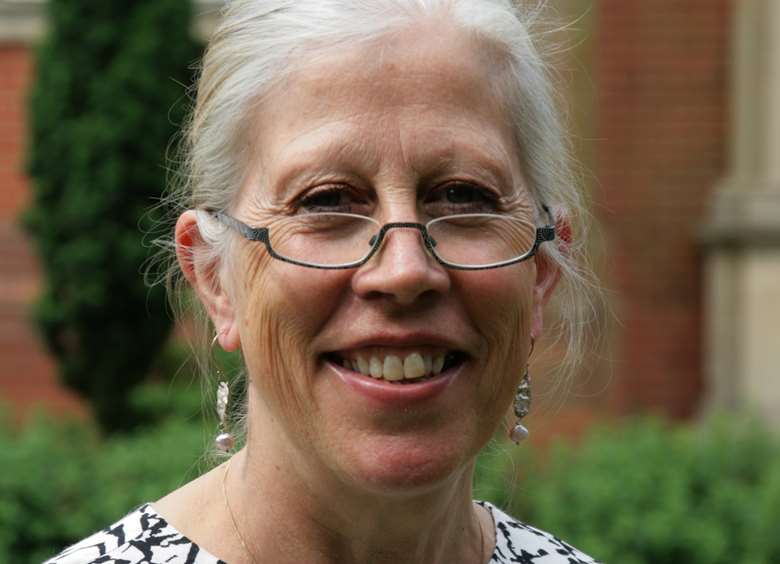Using your common sense outdoors
Dr Helen Bilton, Professor of Outdoor Play and Learning, University of Reading
Monday, December 20, 2021
Forget tricycles and plastic climbing frames, start focusing on child development and outdoors – and reap the rewards, says Helen Bilton

There are lots of publications and talk now about doing and being outside, persuading us to work outside but none which actually link this to the science of the developing child. If nothing else the pandemic has demonstrated that outside is on the whole (bar severe pollution) the most healthiest of spaces. Far healthier than inside. Healthy for body, mind and spirit.
The difficulty for schools and settings, though, can be about how to translate all the good news into manageable action within the setting. With outdoor play sometimes looking like play time: a survival of the fitness, of bored adults and the M25 of tricycles. Or it can be an organised event.
However, if you focus on outdoor learning and child development explicitly then what you can do outside makes perfect sense.
For example, handwriting is usually seen as part of communication, language and literacy (CLL) but first and foremost it’s a motor skill. Unless you can hold the pencil well, have fluidity in hand and arm movements, have strength in the hand grip and most important, automation in the hand – writing then it doesn’t matter if you are the next Shakespeare, you will not write great prose.
If you do not believe me, try writing your name with your non- dominant hand. What you will find is all you concentrate on is the letter formation. The ideas cannot come to the fore as you need to concentrate on the letters. So writing is firstly about physical development.
So how does that link to outdoor play? It links because it tells us what we must do with children outside. Going round and round on tricycles or trying to avoid them, will not help with one of the most fundamental skills we need. But getting rid of the tricycles and getting children to build with, logs, planks, blocks, haybales will get them using arms and hands which will strengthen the muscles and connections.
Or let us think about personal, social and emotional development. I can see bored adults outside supervising the turns on tricycles. The conversations are about just that. If we focus on CLL and outside, suddenly those bikes do not have a place but activities which involved children working together do. Using those same logs, planks, A frames, haybales and blocks means that discussion can be about what the children are doing and want to do. You can talk about prepositions for example, ‘let’s put it here, could we go over, under, through, what happens if this goes up here and we lean the other one on this?’
And where you have conversations, you have social and emotional development of children, having to work together and learning to help one another, finding out what it feels like for something to go wrong but then rectifying that problem. Finally, given the condition of the planet outside is also a space we must help children love. If we truly care about the world, then falling in love with nature, by virtue of being out there most of the time, has to be the way forward.
Outdoor learning is not about a football, a tricycle, a climbing frame, an event. It is about children being physically active, being with others and communicating. In some ways it is that simple. We can over complicate what early years outdoor teaching and learning is all about, with an assumption that ‘the qualification’ is needed. It isn’t! What is needed is plain common sense, linked to child development.
With this in mind I am writing a series of books on early years outdoors and child development, which will be coming out in 2022.
h.o.bilton@reading.ac.uk




